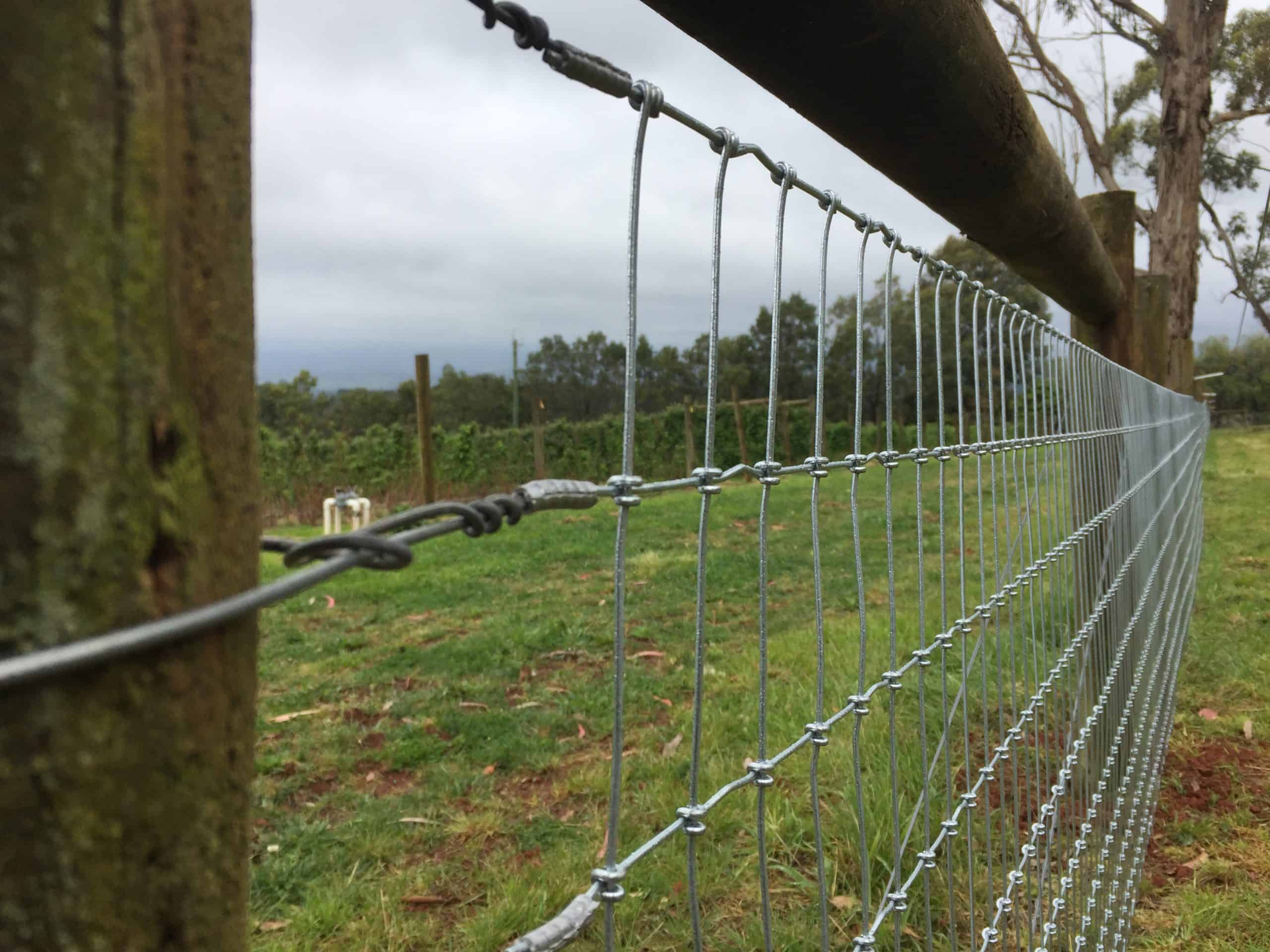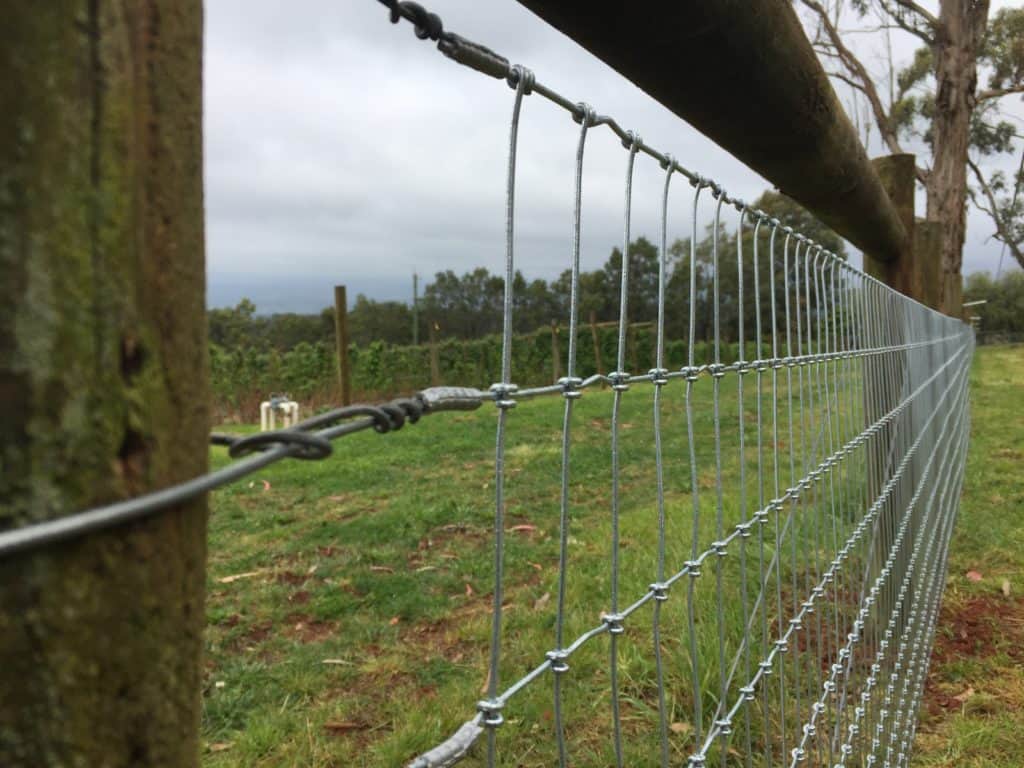Is There an “Ultimate” Farm Fence?


Well, in short, no.
But there are a lot of ways to make a mistake when you first construct your fence that cost time, money and even worse stock losses and injury.
This week’s video, supported by Whites Rural, looks at some options out there for your farm fence planning. The only thing worse than paying too much for your fences is installing one that’s not up to the job and having to replace it. Planning requires a bit of a crystal ball really. You need to think not only about your immediate needs, but factor in the needs of others too. What about your five year old daughter, son or grandchild? Will they be asking for a pony in a few years time? The fence you put in to hold sheep would be dangerous for a horse. Pulling it down long before it reaches end of life and installing horse mesh is a costly error. So sit down and talk with all the stakeholders. What do they want/need out of the fence first?
Property
Next, think about your property. Is it excessively sloped, making mesh hard to run, does it have wet, boggy ground unsuitable for wooden posts? Should you consider concrete, steel or plastic coated posts? Do you need to fence contours to manage pasture across land classes? In this case electric might be the way to go.
Posts
What post spacing do you need? Are you only going to run sheep, where a five meter spacing is OK, cattle where you might consider barbed wire, droppers and a 12 meter spacing or will you be running horses where a 4 meter post spacing is ideal? even the 4-5m decision represents a 20% cost difference. Will you run horses? Then forget about easy steel stockposts, unless you have a crush on your local vet and want them to make midnight house calls to your skewered horse.
Wire
Are you going to electrify the fence? If so, as far as I’m concerned (and Victorian legislation) this rules out using barbed wire. Nothing sadder than an animal caught in barbed being slowly shocked to death over a number of hours. If you run plain wire, what is your fire risk? Would larger plain wire (more fire resistant) be better than thinner high tensile wire? Do you need mesh? (typically mesh is most effective when running smaller stock such as sheep and goats). If you are running mesh, will you have larger animals and need the extra strength of stiff stay? Are you still planning on having horses after getting this far? Then see your bank manager, because horse mesh is going to hurt.
Dollars Dollars Dollars
OK, let’s talk turkey. Every time we step up our post spacing, we increase cost. Going from barbed to high tensile plain adds cost, going from plain to mesh is a significant leap. Horse mesh will make your eyes water. (Still want that horse huh?). In the video, I make the simple point that a bad choice now can almost double your cost inside of the lifetime of the fence. A fence (especially perimeter) is a 20-30 year investment. It should be thought about like buying a house. Plan carefully, save and invest in the long term. The worst mistake you can make is to buy the animal first. Start with your property, plan long term, get the right infrastructure in place, then have fun with the animals. The opposite approach is a nightmare.
Good luck finding your ultimate fence! There is nothing better than seeing animals thrive on a well managed property. This all starts with your fences.
See you around.
One Comment on “Is There an “Ultimate” Farm Fence?”
Hi Tim,
Noticed that you have used crimps on the tie offs for the equine mesh, rather than stripping out the mesh and using the linewires to tie off.
Any reason or advantage to this? .. we’re just about to install a heap of horse mesh, so advice appreciated
thanks
Andrew